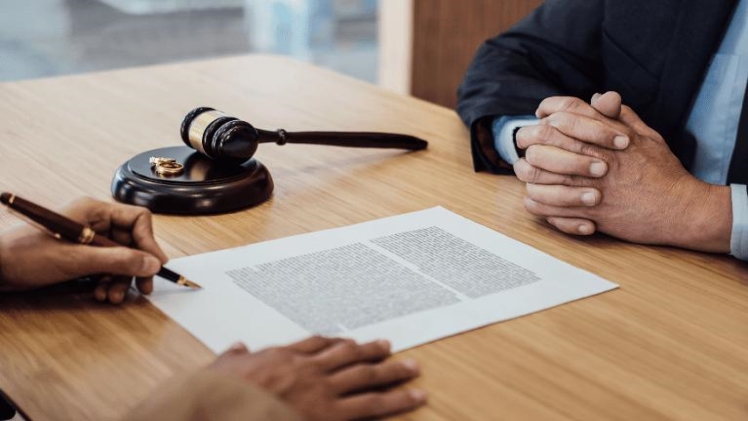When you’re hurt in an accident that’s not your fault, navigating the aftermath can be overwhelming. From medical bills to lost wages, the impact can be significant. This is where a personal injury lawyer steps in. Their role is crucial in helping victims navigate the legal system to seek compensation. But what exactly does a personal injury lawyer do? This article breaks down their key responsibilities, explaining why their expertise is invaluable after an accident.
Offering Legal Guidance
One of the primary roles of a personal injury attorney is to offer expert legal guidance. After an accident, you might be unsure about your rights or the steps you need to take. A personal injury lawyer explains the legal process, helping you understand your rights and the potential avenues for compensation. Their advice is grounded in a thorough understanding of the law, ensuring you’re well-informed at every stage of your case.
Investigating the Accident
A thorough investigation of the accident is crucial for building a strong case. Personal injury lawyers take on this task, gathering evidence that may include police reports, witness statements, and medical records. They might also work with accident reconstruction experts to establish how the accident happened and who is at fault. This detailed investigation lays the foundation for your claim, supporting your case for compensation.
Assessing Damages
Understanding the full extent of your damages is vital for ensuring fair compensation. Personal injury lawyers assess not just your current losses, like medical expenses and lost wages, but also the future implications of your injury. This might include ongoing rehabilitation costs, future lost earnings, and compensation for pain and suffering. By comprehensively assessing damages, they ensure that any settlement or award fully addresses the impact of your injury.
Negotiating With Insurance Companies
Dealing with insurance companies can be daunting. Personal injury lawyers take on this challenge on your behalf. They have the experience to navigate the tactics insurance companies might use to minimize payouts. Through skilled negotiation, they work to secure a settlement that fairly compensates you for your losses, saving you the stress and uncertainty of handling these negotiations yourself.
Representing You in Court
While many personal injury cases are settled out of court, some proceed to trial. Having a personal injury lawyer by your side is invaluable in these instances. They represent you in court, presenting your case to a judge or jury. Their legal expertise allows them to argue effectively on your behalf, seeking a favorable verdict and recognizing your losses’ full extent.
Managing Legal Deadlines
The legal process is governed by strict deadlines, known as statutes of limitations. Personal injury lawyers manage these deadlines, ensuring all filings, from the initial claim to any necessary legal actions, are completed on time. This prevents technicalities from undermining your case, ensuring that your right to seek compensation is preserved.
Advising on Settlement Offers
You may receive settlement offers from the opposing party or their insurance company throughout the legal process. Personal injury lawyers advise on whether these offers are fair, considering the full extent of your damages. They help you understand the implications of accepting an offer, ensuring that any decision is made with a clear understanding of its impact on your future.
Providing Support and Advocacy
Beyond their legal responsibilities, personal injury lawyers also support and advocate for their clients. They understand the physical, emotional, and financial toll that an injury can take. Handling the legal aspects of your case allows you to focus on recovery, offering reassurance and support throughout a challenging time.
Facilitating Communication Between All Parties
A key responsibility of personal injury lawyers is facilitating effective communication between all parties involved in a claim. This includes discussions with insurance companies, other lawyers, and healthcare providers to ensure your case is handled efficiently and with your best interests in mind. By acting as the primary point of contact, they prevent any miscommunication that could harm your case.
The role of a personal injury lawyer is multifaceted, covering everything from legal advice and investigation to negotiation and court representation. Their expertise is critical in ensuring accident victims receive the compensation they deserve. By managing the legal process, assessing damages, and advocating on your behalf, they provide invaluable support, allowing you to focus on what’s most important: your recovery. If you find yourself in need after an accident, contacting a personal injury lawyer can be the first step towards seeking justice and securing your future.

